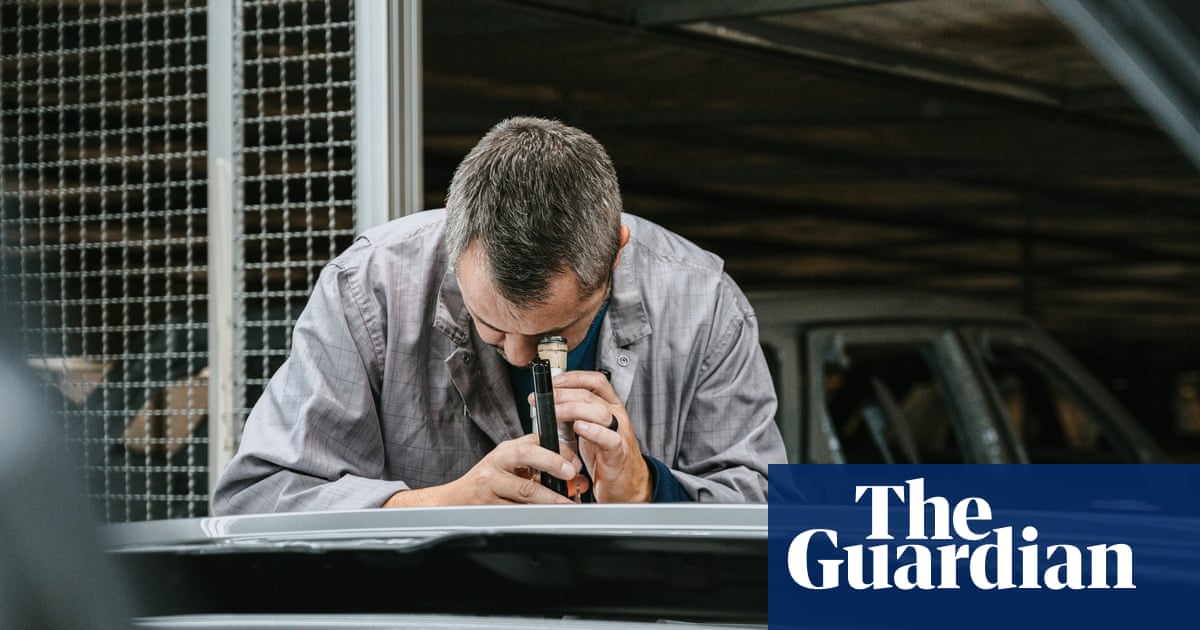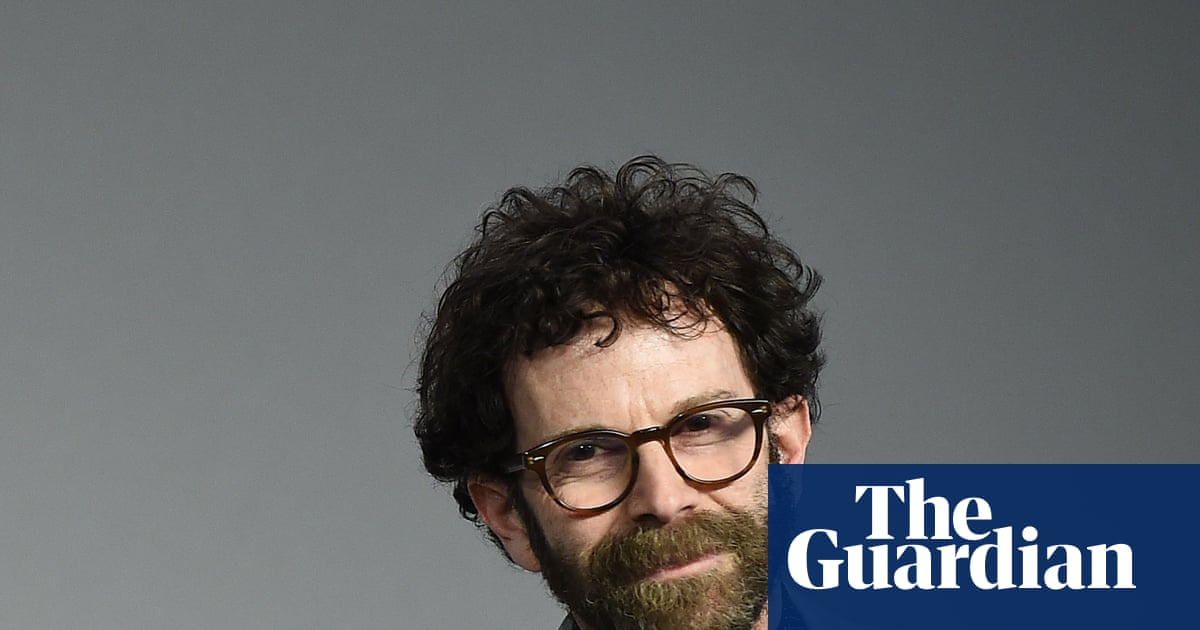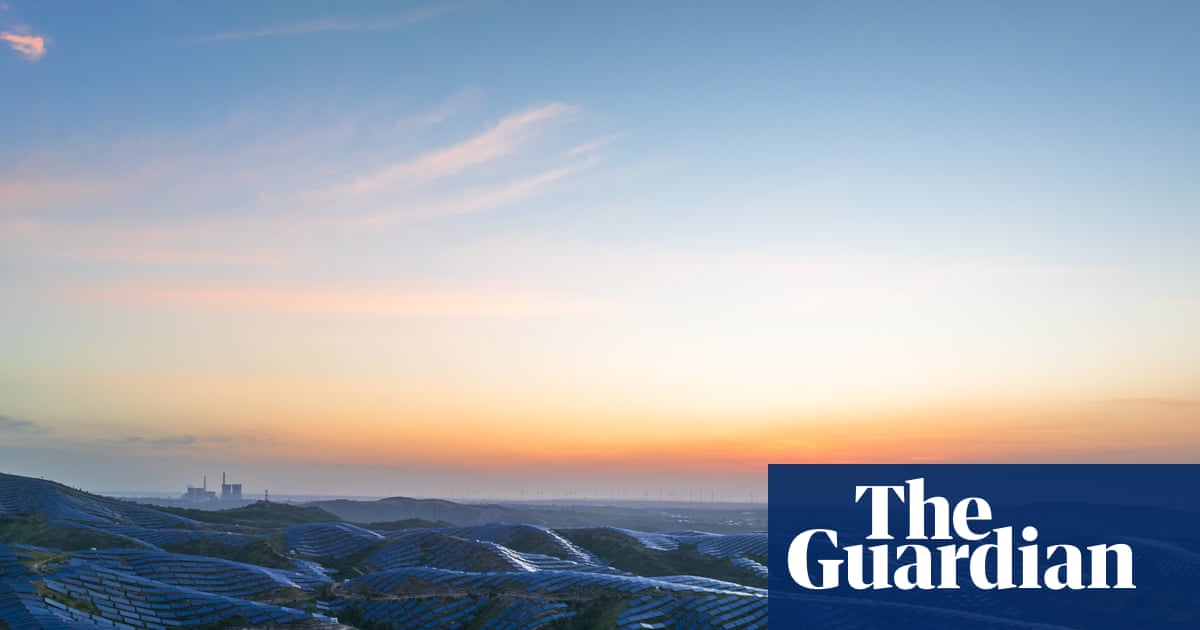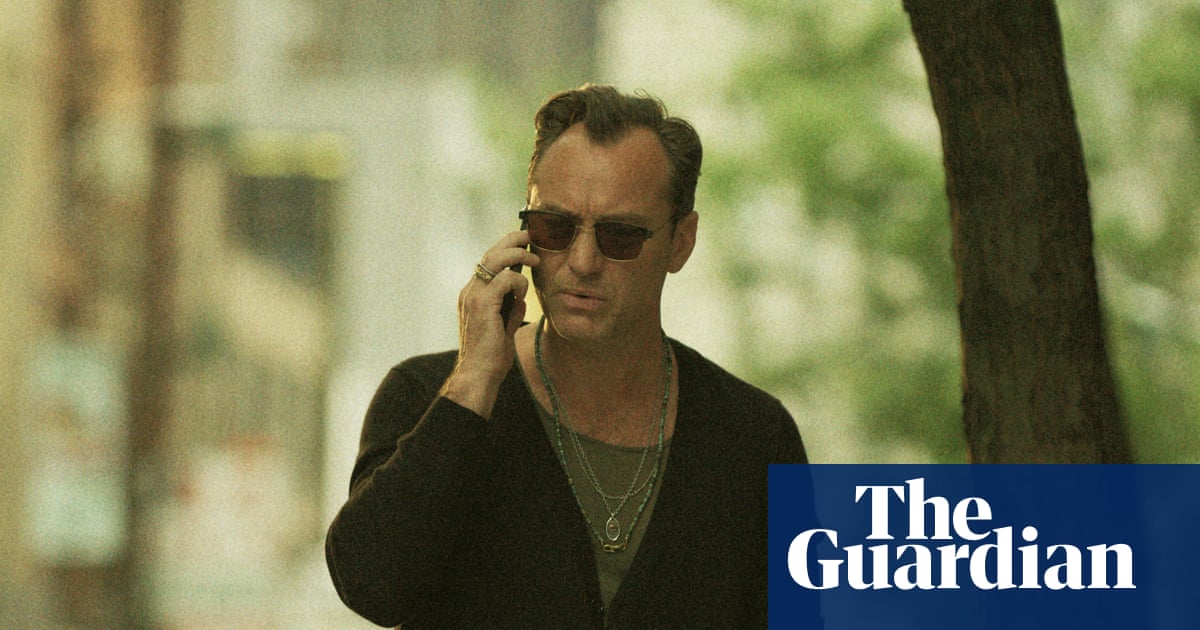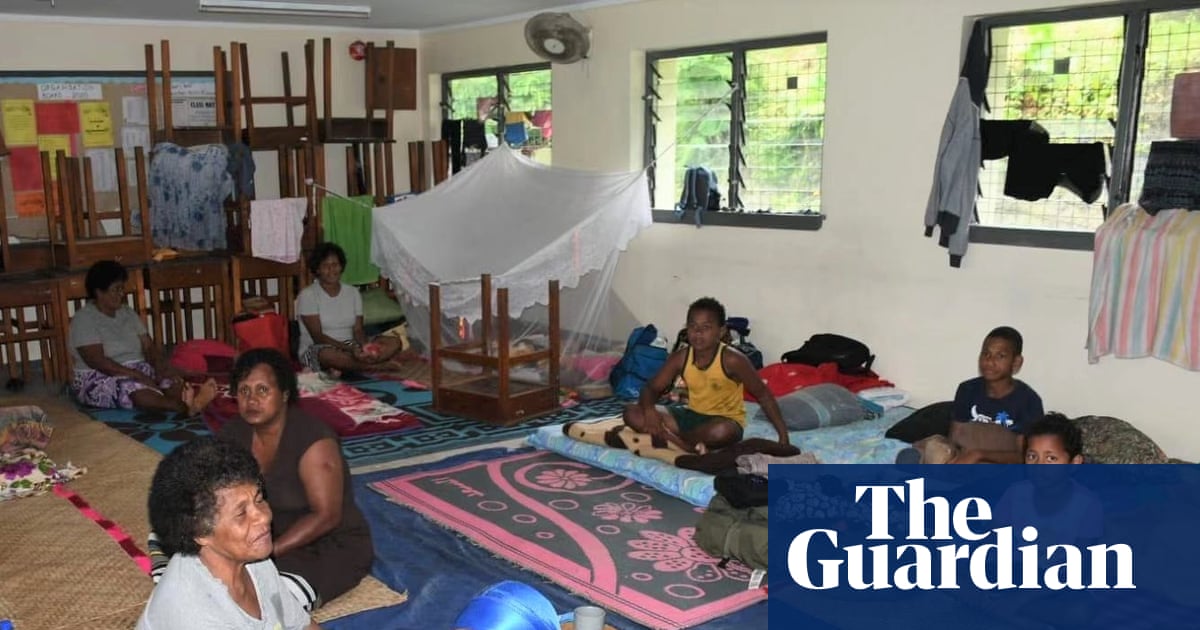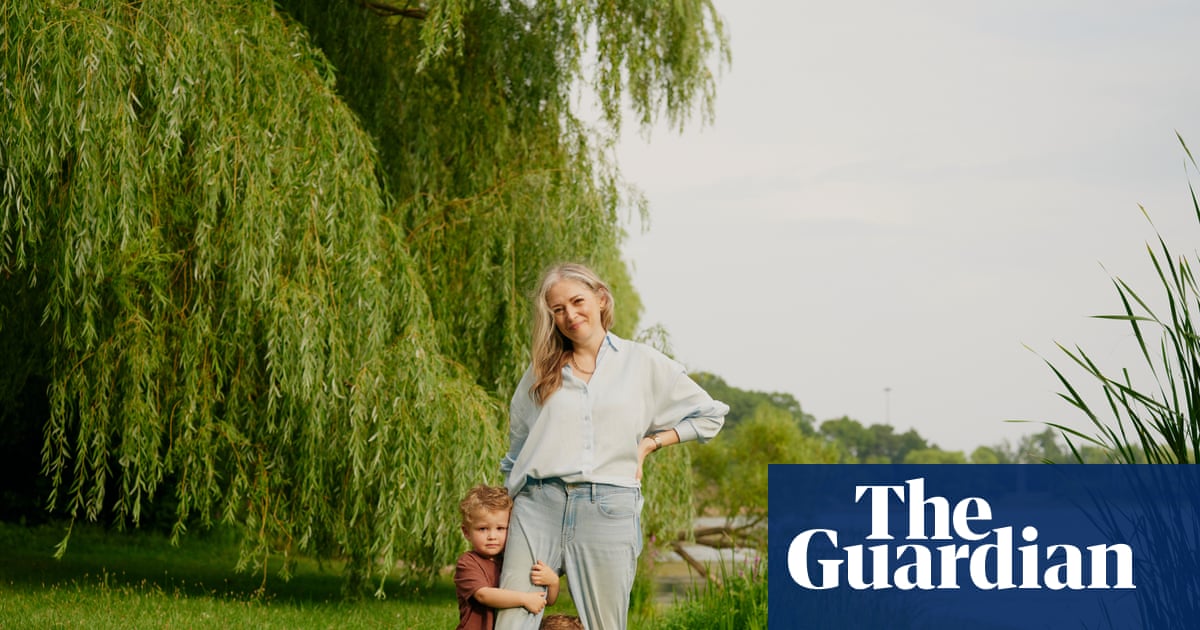Twenty two young Americans have filed a new lawsuit against the Trump administration over its anti-environment executive orders. By intentionally boosting oil and gas production and stymying carbon-free energy, federal officials are violating their constitutional rights to life and liberty, alleges the lawsuit, filed on Thursday.
The federal government is engaging in unlawful executive overreach by breaching congressional mandates to protect ecosystems and public health, argue the plaintiffs, who are between the ages of seven and 25 and hail from the heavily climate-impacted states of Montana, Hawaii, Oregon, California and Florida. They also say officials’ emissions-increasing and science-suppressing orders have violated the state-created danger doctrine, a legal principle meant to prevent government actors from inflicting injury upon their citizens.
“At its core, this suit is about the health of children, it’s about the right to life, it’s about the right to form families,” said Julia Olson, attorney and founder of Our Children’s Trust, the non-profit law firm that brought the suit. “We all have constitutional rights, and if we don’t use our constitution – if we walk away from it and we walk away from our youth – we will not have a democracy.”
The lawsuit specifically targets three of the slew of pro-fossil fuel executive orders Trump has signed during his second term. Among them are two day-one Trump moves to declare a “national energy emergency” and “unleash American energy”, and another April order aimed at “reinvigorating” the domestic production of coal – the dirtiest and most expensive fossil fuel.
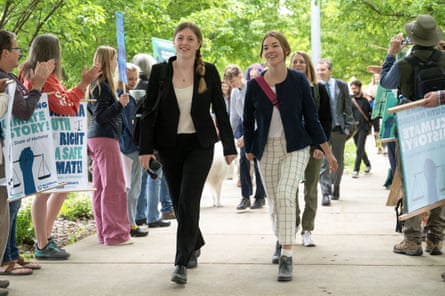
All three orders aimed to bolster already-booming US energy production. They also led agencies to stymy renewable energy production and to suppress climate research and data, flaunting congressional environmental protections, the lawsuit argues.
The litigation is the latest in a series of youth-led climate cases brought by the non-profit law firm Our Children’s Trust. The lead plaintiff in the new case, 19-year-old Eva Lighthiser, was also a plaintiff in the firm’s Held v Montana lawsuit, which notched a landmark win in 2023 when a judge ruled that the state’s pro-fossil fuel policies violated their rights under the state’s constitution.
“Trump’s fossil fuel orders are a death sentence for my generation,” said Lighthiser.
Lighthiser has already seen the impacts of the climate crisis in her life. Flood-related destruction to roads and bridges one summer even forced her family to sell their house in Livingston.
“The effects of climate change cause Eva persistent stress and anxiety about her future,” the lawsuit says. “Every additional ton of [greenhouse gas] pollution and increment of heat Defendants cause will cause Eva more harm.”
Other plaintiffs in the new case previously participated in other Our Children’s Trust lawsuits, including one which reached a historic settlement in Hawaii last year; another filed by California youth against the federal Environmental Protection Agency (EPA); and a third, the federal case Juliana v US, which was filed a decade ago and dismissed Juliana without prejudice last year.
Lighthiser said Trump’s re-election last year felt “like such a heavy thing”. In the wake of her 2023 win in the Montana lawsuit, she said it felt like taking “one step forward, three steps back”.
She fears Trump’s policies will directly impact her well-being. In moves to prop up the dying coal industry in recent months, for instance, the administration has granted relief to both the Spring Creek coal mine and Colstrip coal-fired power station in Montana; trains transporting coal from one to the other run through Lighthiser’s hometown.
“The coal cars are brimming with coal that just blows [dust] out all over my town,” said Lighthiser. “That could effect my own body and my own health, and it feels very intimidating, because it’s not something that feels like it’s in my control right now.”
The lawsuit names Trump and the US as defendants, as well as the office of management and budget, the Environmental Protection Agency (EPA) and the departments of interior, energy and transportation, in addition to the head of each agency.
“These are agencies that are really deeply involved in making sure that more fossil fuels stay online,” said Olson.
It also targets scientific organizations such as the National Oceanic and Atmospheric Administration (Noaa) and its parent agency the Department of Commerce, and the National Aeronautics and Space Administration – agencies that are “suppressing science” in their attempts to comply with Trump’s executive orders, said Olson.
The youth plaintiffs are asking the court to declare the three executive orders unconstitutional and block their implementation. They are also demanding that it protect the rights to a clean environment granted by certain state constitutions like Montana and Hawaii, which they say the Trump directives have impinged upon.
In Olson’s view, the case is winnable, particularly because it only brings claims under rights that are explicitly granted under the US constitution, and which have already been recognized by the supreme court. (Juliana v US, by contrast, argued that Americans have an implicit, but unstated, constitutional right to a life-sustaining climate system.)
But no matter how the case is eventually ruled, Olson said, the filing of the lawsuit is “itself a success”.
“Having young people rise up at a time when democracy is threatened and when there’s retaliation against so many people in this country for standing up against the administration, that is success,” she said. “It’s about having the bravery to bring claims in the court, of not being too afraid to use their rights.”
Though it is “scary to take on the man in the highest position of power”, Lighthiser said the lawsuit is “absolutely necessary”.
She hopes it will eventually help slow global warming, which has led to more frequent and intense wildfires, droughts and floods in her home state of Montana. And she hopes it will afford youth the ability to “just be kids”.
She recalled one day during the summer of 2022, when the Yellowstone River flooded her hometown. “I spent seven hours that day filling sandbags for people to take to their homes,” she said.
“That kind of thing is going to become more common [with] climate change,” she said. “That doesn’t sound to me like we’re getting to live freely.”

 3 months ago
55
3 months ago
55
